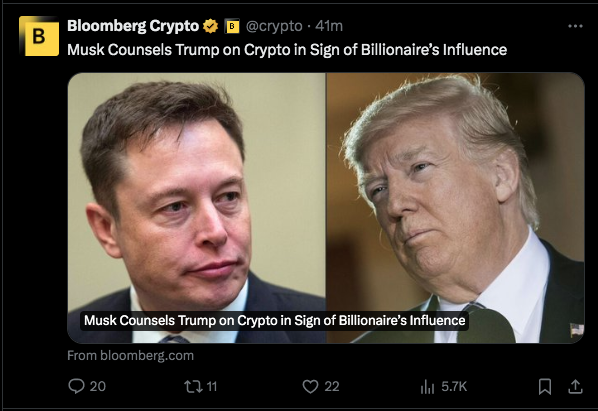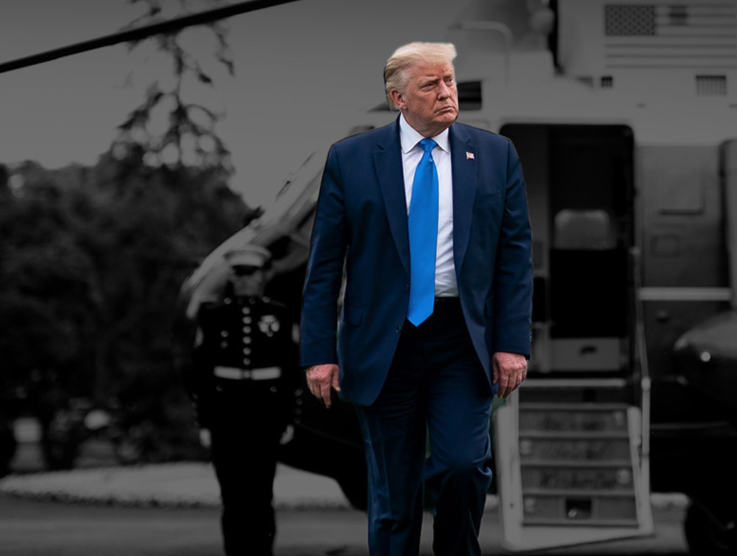In a significant development for the upcoming 2024 elections, tech magnate Elon Musk is reportedly advising former President Donald Trump on cryptocurrency policies. This strategic move aims to attract a broader voter base, particularly among digital asset enthusiasts, a shift that could prove detrimental to the Democratic Party’s efforts to win back tech-savvy voters.
Recent reports indicate that Musk’s influence is being courted by Trump’s campaign, with discussions about Musk potentially speaking at the Republican convention. This move, if confirmed, would signal a dramatic shift toward pro-crypto messaging within the Republican Party, contrasting sharply with the Democrats’ current stance on blockchain technology.
Senator Elizabeth Warren has been leading an anti-crypto campaign, marking a notable departure from the Democrats’ historical support for technological advancement. This change has alienated some tech proponents, creating an opportunity for Trump to capture this voter segment with Musk’s backing.
https://x.com/crypto/status/1796213731925348408

Musk, known for his profound impact on the tech industry and crypto markets, has previously demonstrated his influence through social media. For instance, he briefly changed the home button on the social platform X (formerly Twitter) to feature a Shiba Inu, symbolizing Dogecoin, which resulted in significant market reactions.
Sources close to Trump’s campaign reveal ongoing discussions about Musk’s potential role, but no final decision has been made. Musk attended a Trump donor event in March, further indicating a developing relationship. However, Musk maintains that he remains neutral, with no plans to provide financial support to either presidential candidate.
Musk’s involvement could reshape the political dialogue around technology and cryptocurrency, integrating crypto advocacy into Trump’s campaign and influencing tech policy debates. This development underscores the evolving dynamics in the political landscape as both parties vie for the crucial tech vote in the 2024 elections.



